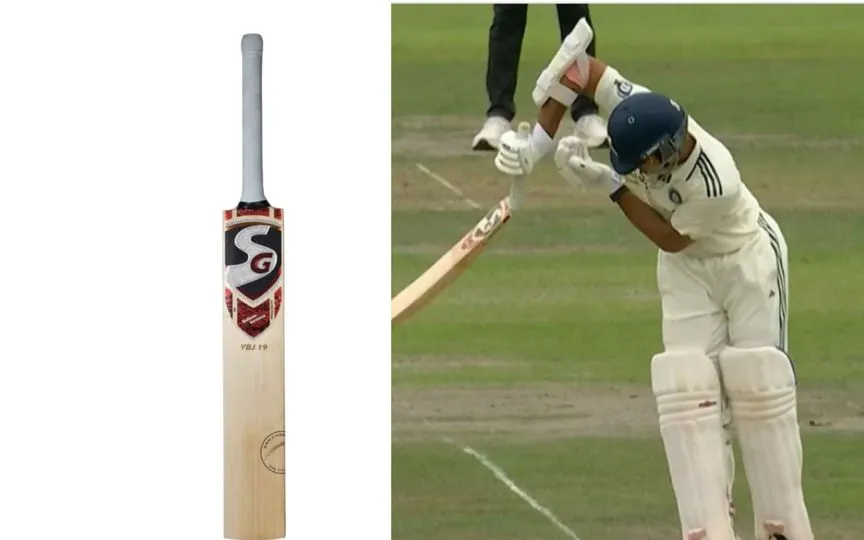![Ben Stokes and Shubman Gill during the toss in the 4th Test [Source: @CricketExpert24/x.com]](https://onecricketnews.akamaized.net/parth-editor/oc-dashboard/news-images-prod/1753279676618_eng_ind_toss.jpg?type=hq) Ben Stokes and Shubman Gill during the toss in the 4th Test [Source: @CricketExpert24/x.com]
Ben Stokes and Shubman Gill during the toss in the 4th Test [Source: @CricketExpert24/x.com]
India's unprecedented 14 consecutive toss losses—with their latest defeat coming in the ongoing fourth Test against England —are not just unlucky, but mathematically extraordinary. The probability of this occurring is exactly (1/2)^14, or 1 in 16,384.
To grasp this rarity, consider that India's streak (1 in 16,384) is significantly more unlikely than getting a hole-in-one in golf (1 in 12,500 for amateur golfers), being born with an extra finger or toe (1 in 500 or 1,000 births), or having twins naturally (1 in 250 pregnancies). It's even less likely than bowling a perfect 300 game (1 in 11,500) or finding a four-leaf clover on your first try (roughly 1 in 5,000).
To put this in cricket terms, hitting 6 sixes in an over—one of the sport's most spectacular feats—has happened 6 times across 8,500+ international matches (roughly 1 in 1,417 odds). Yet India's toss streak is still 11.6 times rarer than even this explosive batting display. You're equally likely to flip 14 heads in a row with a fair coin, which most people would call impossible.
And to add to the significance of the event, the streak hasn't ended. The previous record of 12 straight losses by West Indies is a commonplace by comparison.
Cricket Had 8,500+ Chances
Here is where it gets even more fascinating: across cricket's international history, over 8,500 matches have featured tosses—4000+ ODIs, 2500+ Tests, and 2,000 T20Is. Statistically, we would expect to see a 14-loss streak roughly once every 16,384 matches. Cricket is still about halfway to reaching that threshold.
This means India's streak is what mathematicians call a low-probability, high-impact event—something so unlikely it arrived earlier than expected, but was always destined to happen given enough opportunities.
The Gambler's Fallacy in Action
The cruellest mathematical truth is that despite this historic streak, India's next toss remains a 50-50 proposition. The coin has no memory, no sense of justice, no obligation to balance out. Each captain walking to the centre for the next toss faces the same probability Suryakumar Yadav did when this nightmare began.
This phenomenon—expecting past results to influence future outcomes—is called the gambler's fallacy, and it's precisely why fantasy apps profit and cricket fans suffer.
Breaking the Unbreakable
If India win their next toss, what are the odds that someone else will break this record? For any team to lose 15 straight tosses, they need to achieve something with 1 in 32,768 probability. Given cricket's current match frequency, we might not see this record broken for decades—or it could happen tomorrow. The beautiful paradox of probability is that the most improbable events become inevitable over time. India's streak isn't just bad luck; it's a reminder that in the grand theatre of mathematics, even the most unlikely stories eventually get their starring role.

.jpg?type=mq)



